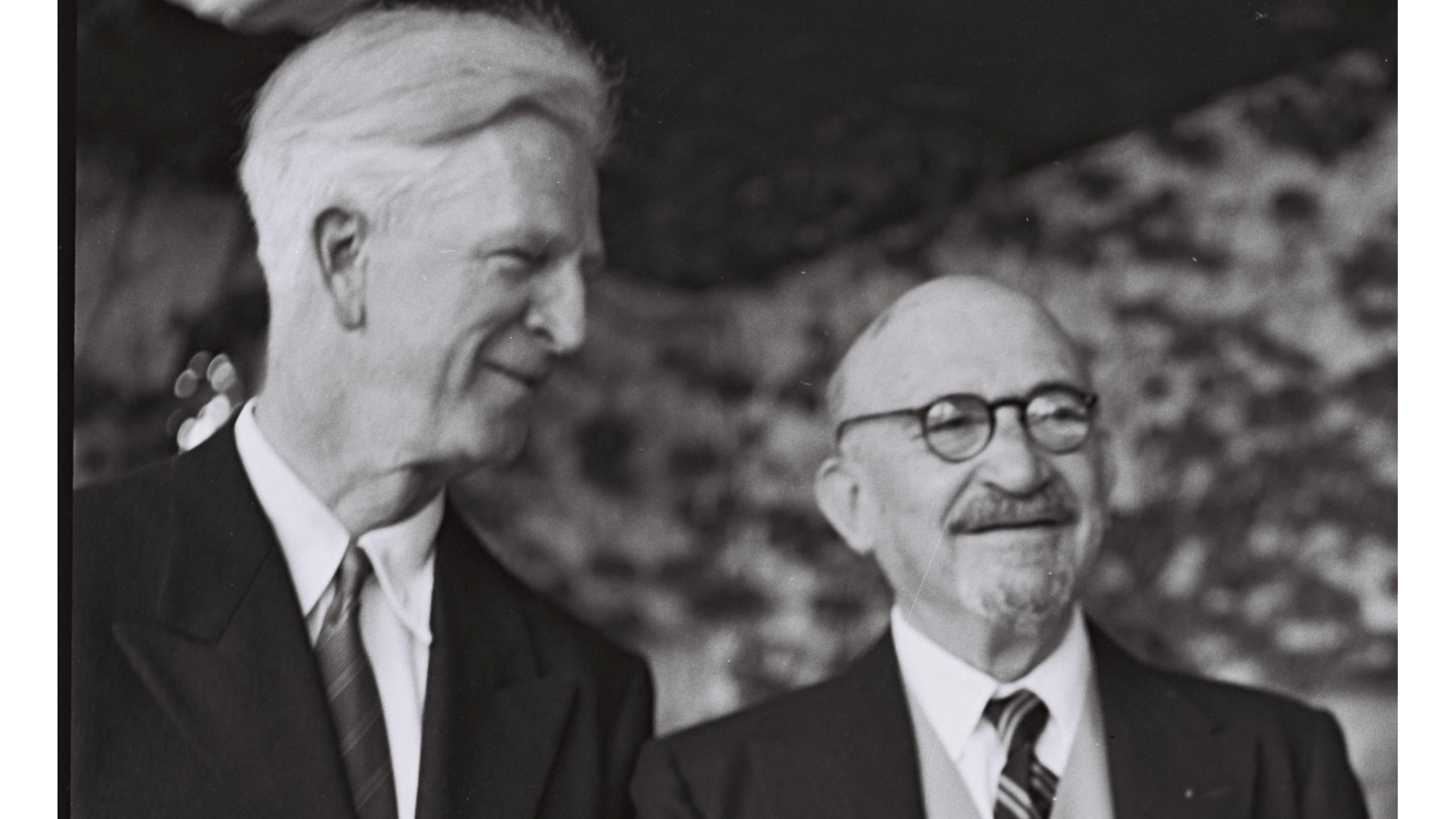Few individuals have contributed as much to the cause of the Jews and Israel as James Grover McDonald. An unwilling witness to the pivotal events that led to the Holocaust, McDonald was a fervent and essential advocate for the creation of the Jewish state.
A native of Indiana, McDonald came from a family of hoteliers. Educated at Indiana University and then Harvard, McDonald spoke fluent German, given his mother was an immigrant from there. That skill served him well when he met with Nazi officials as U.S. representative to the League of Nations’ High Commission on Refugees.
Appointed in 1933, McDonald strove tirelessly to arrange for the transfer of Jews out of Germany. This required him to work closely with Chaim Weizmann. Conversations with Nazi officials persuaded him of the enormity of the situation and of the vital importance of creating a Jewish homeland in Palestine.
Frustrated by the difficulty of raising money or gaining support from the High Commission, McDonald resigned in 1938 and went to work as an editorial writer at The New York Times. There he was an unrelenting voice for Zionism.
Eventually, he returned to official service. In late 1945, he co-authored a report that called for the immediate admission of 100,000 Jewish displaced persons to British Mandated Palestine, an idea that Harry Truman supported but the ruling British Labour Party opposed. Meeting the following year with British leaders, he implored them to adopt a more pro-Jewish attitude.
Two years later, President Truman appointed McDonald as U.S. Special Representative. Fighting with his Arabist State Department aides, he consistently argued for U.S. support and recognition for Israel and for admission of Jewish refugees from around the world. This battle continued when McDonald became the first U.S. ambassador to Israel.
Even after retirement, McDonald continued to advocate for American support for Israel. To that end, McDonald led a campaign for the purchase of $500 million in Israel bonds.
Explaining himself, he commented: “I am confident that it [Israel] will be a civilizing, modernizing and democratizing influence in the whole region.”


























